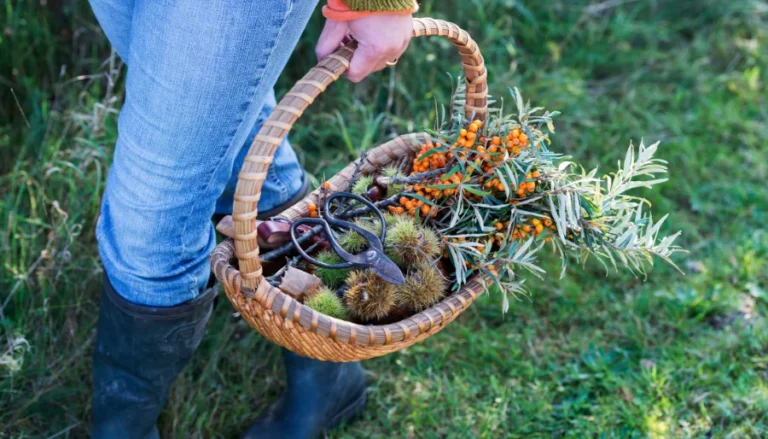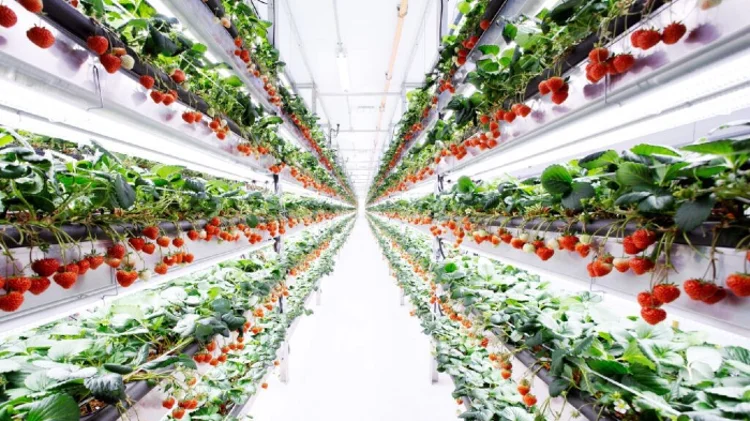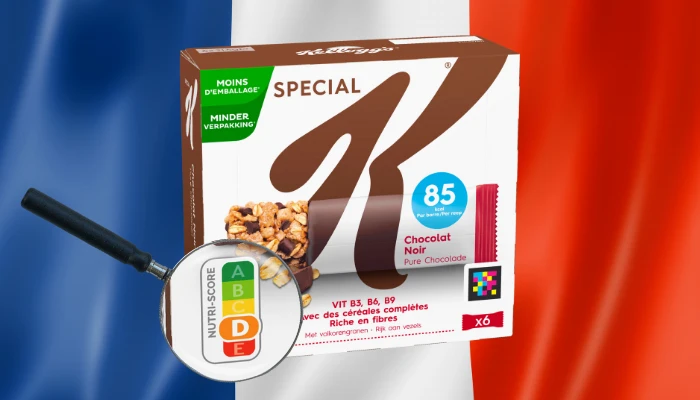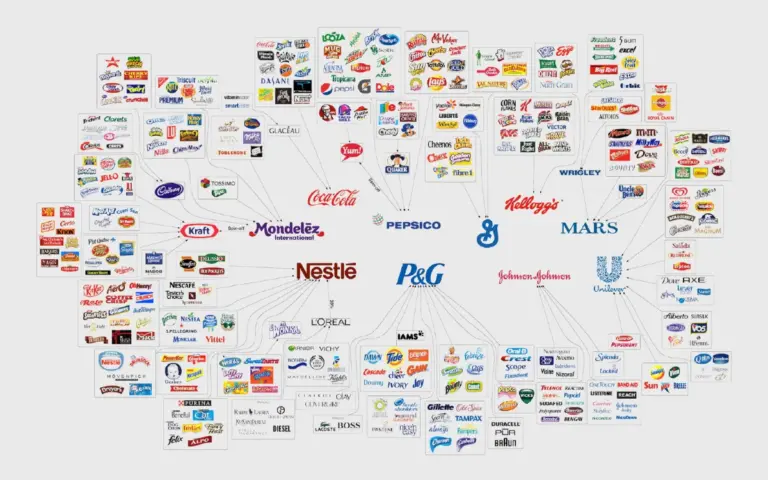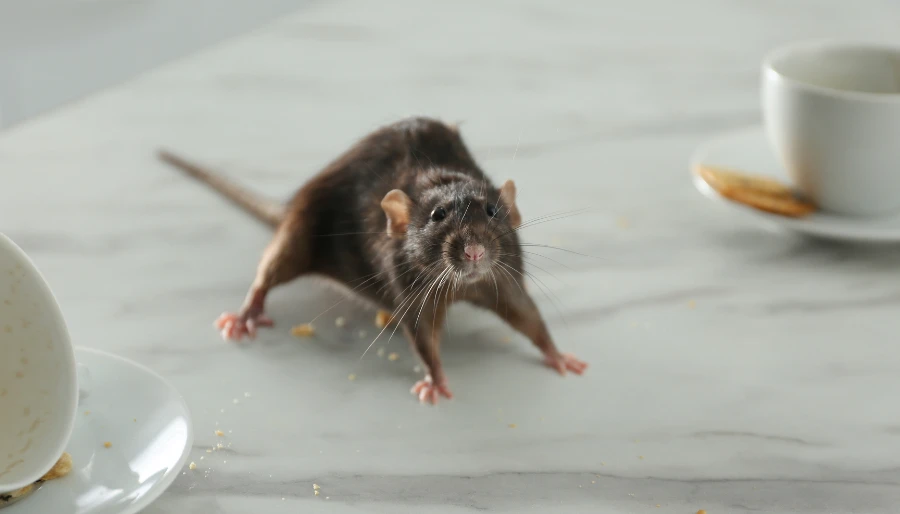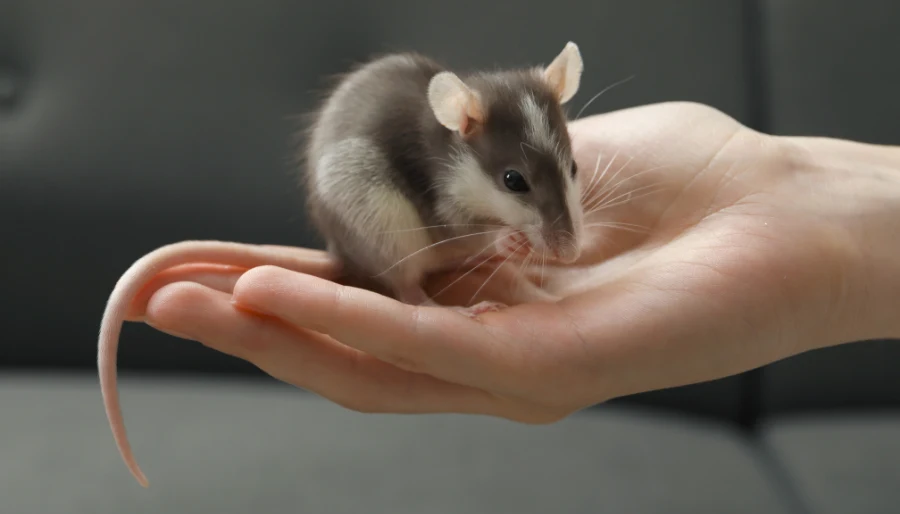In a savvy move that draws from the lessons of Japan’s vertical farming industry a decade ago, Hiroko Koga, the CEO of Oishii, a US-based vertical farming startup, has taken a different approach to ensure the viability of the business model.
Koga compares the recent struggles, farm closures, and layoffs in the US and Europe to the cycle witnessed in Japan’s vertical farming industry in the early 2000s.
With hundreds of vertical farms in Japan at the time, most of them eventually closed due to the unsustainable economics of the industry.
Recognizing the challenges faced by leafy greens in vertical farming, Koga decided to focus on strawberries when he co-founded Oishii in 2017. He explains, “Vertical farming was commercialized in Japan before anywhere else. I learned things the hard way, looking at a lot of Japanese companies struggle by starting with leafy greens.”
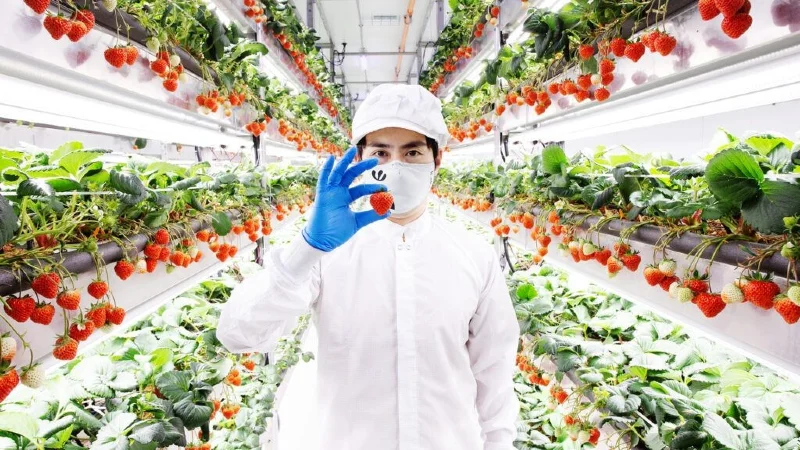
By opting for strawberries, Koga targeted a high-value crop with better cash flow and a more sustainable business model. Growing strawberries at scale in vertical farms is still relatively uncommon, making Oishii’s success in this area particularly noteworthy.
One of the main differentiators for Oishii lies in its ability to tackle the pollination challenge, a hurdle that has hindered the progress of vertical farms with flowering crops. While leafy greens do not require pollination, crops like strawberries, tomatoes, and melons heavily rely on it.
However, the artificial lighting used in vertical farms creates a setting that is difficult for bees to navigate, making natural pollination challenging.
Koga points out that manual pollination is not economically feasible, so Oishii invested heavily in research and development to solve the pollination puzzle.
Through a combination of AI, data analysis, and visual recognition, Oishii developed a technology-driven solution for achieving high pollination success indoors.
Koga emphasizes that technology is essential for turning vertical farming into a profitable venture.
In addition to pollination, Oishii’s technology addresses other critical factors in producing a consistent, high-quality crop of indoor strawberries. This includes maintaining year-round production, which generates three times more cash flow compared to the limited four-month outdoor season.
Moreover, Oishii has successfully extended the lifespan of strawberry plants without the use of pesticides and other inputs, further enhancing the sustainability and quality of their strawberries.
Oishii’s breakthrough product, the Omakase berry, debuted in 2018, garnering significant attention and comparisons to Tesla. Known for its exceptionally soft texture, the Omakase berry introduced a new strawberry experience for US consumers.
While initially priced at $5 per strawberry, the current cost is around $2.50 per berry. Oishii has now launched another variety called the Koyo berry, which offers a slightly more tart and firm experience, resembling American berries. While the current price for a six-berry tray of Koyo berries is $15, Koga acknowledges that the aim is to make their berries more affordable and widely available in the future, without compromising quality.
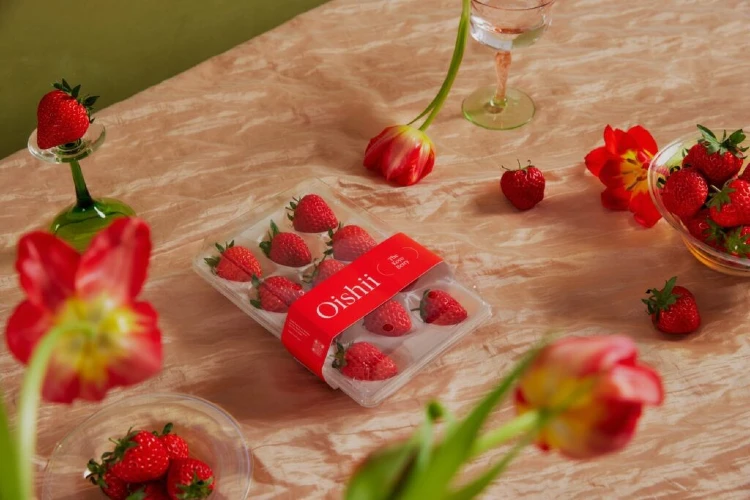
Despite the premium price point, Oishii is experiencing significant growth and has proven positive cash flow from its facilities. The company currently operates three vertical farms, two near Manhattan and one in Los Angeles, selling berries at Whole Food stores and select high-end retailers. Koga believes that by consistently delivering high-quality products and showcasing the sustainability and superiority of their berries, a paradigm shift will occur, leading to wider consumer acceptance.
While the vertical farming industry may be going through a correction period with closures and uncertainties, Koga remains optimistic.
He believes that companies that survive this phase will demonstrate their ability to deliver on promises and secure investor trust. Oishii, with its unique technology and focus on strawberries, is poised to be one of the companies that thrive in this evolving industry.
Koga concludes, “Our technology is not something people can replicate overnight. That gives us a really strong competitive edge, and it’s a crop we can build a strong brand around. These were the reasons we chose strawberries, in anticipation of something like this happening in the industry.”










